Major & Minor
Music
The study of music encompasses all aspects of instrumental, theoretical, historical, and compositional musical techniques.

About the Music Major
Music occupies a unique and prominent position in many cultures around the world. Students in Southern Virginia University’s music program experience a dynamic and varied music concert and performance schedule with numerous concerts each year, including student recitals and ensembles, and are prepared to meet the ever-changing styles of music and shifting of the music industry.
With individualized teaching from professors, students experience a broad range of courses and instruction, including music theory and history, composition, vocal, piano, strings, harp, guitar, woodwinds, and percussion. With an emphasis in foundational music proficiency, students will master sight reading, technique, music history, and literature components for a broad exposure to different music styles.
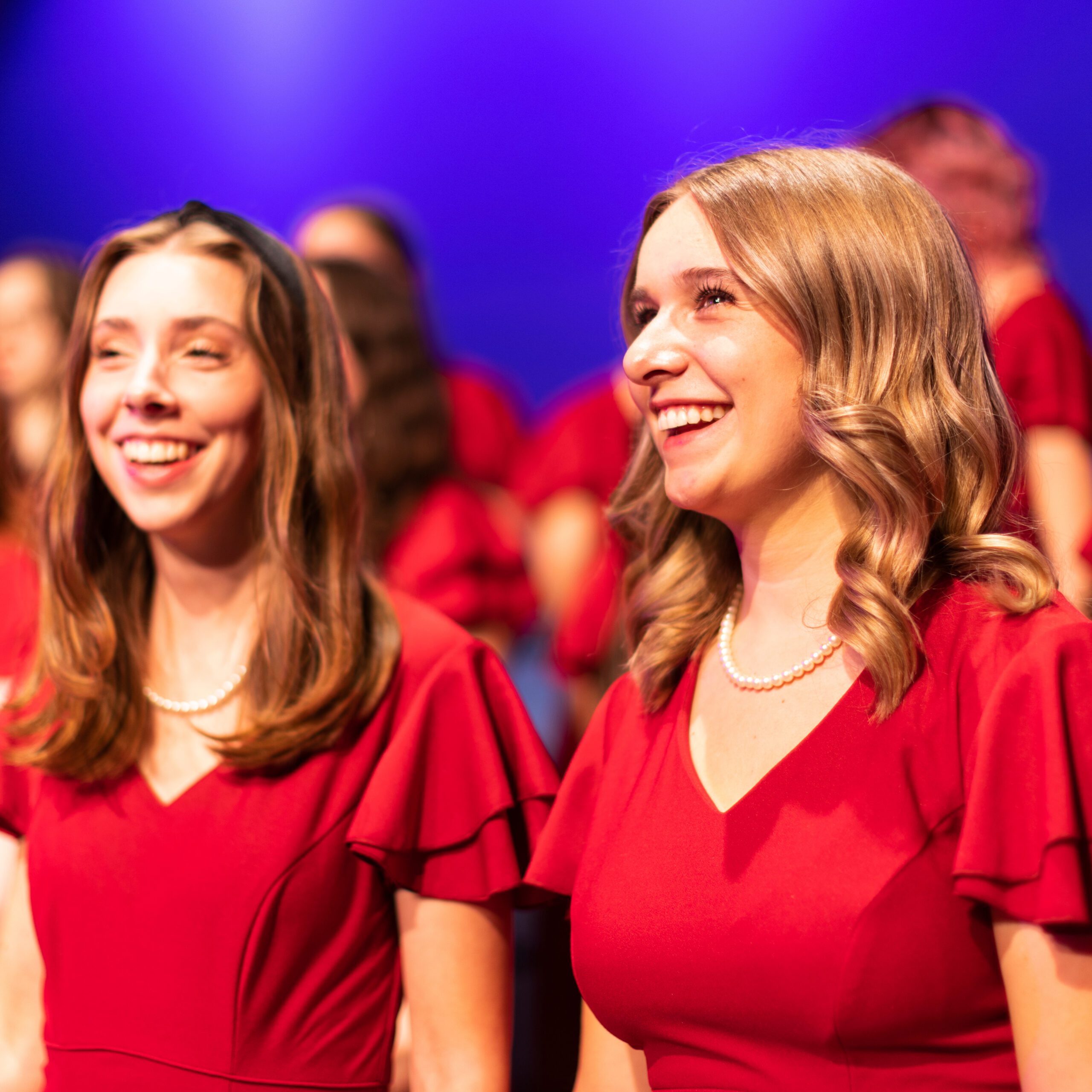
Learning Outcomes
What you’ll learn in the Music major:
- Hear, identify, analyze, and work with the elements of music: rhythm, melody, harmony, structure, texture, and dynamics.
- Demonstrate an understanding of a wide selection of musical literature, representative composers, works, principal style periods, genres, and cultural and political movements.
- Demonstrate an appropriate level of proficiency on a chosen instrument.
- Knowledge of literature on chosen instrument, becoming acquainted with a cross-section of music from the repertory of the particular performance medium.
- Develop ensemble techniques—correct breathing, blend, balance, tone production, and intonation—on a chosen instrument.
Career Opportunities
There is a wide array of potential careers with a music degree, including jobs in education, conducting, therapy, and more depending on your personal and professional goals. Learn where a career in music can take you.
- Conductor
- Singer
- Band Director
- Music Therapist
- Musician
- Teacher
Getting Started in the Music Major
Follow these simple steps below to get a head start in the
Music Major today.
Enroll
Begin by taking Music in Civilization (MUS 215) in your first year
Contact Your Advisor
Get in touch with New Tab, Open Bio for: Professor Megan Mason to discuss your interests and goals
Declare
Turn in a completed PDFDeclare Major Form to the Registrar’s Office
Questions? Contact the Registrar at emailregistrar@svu.edu.
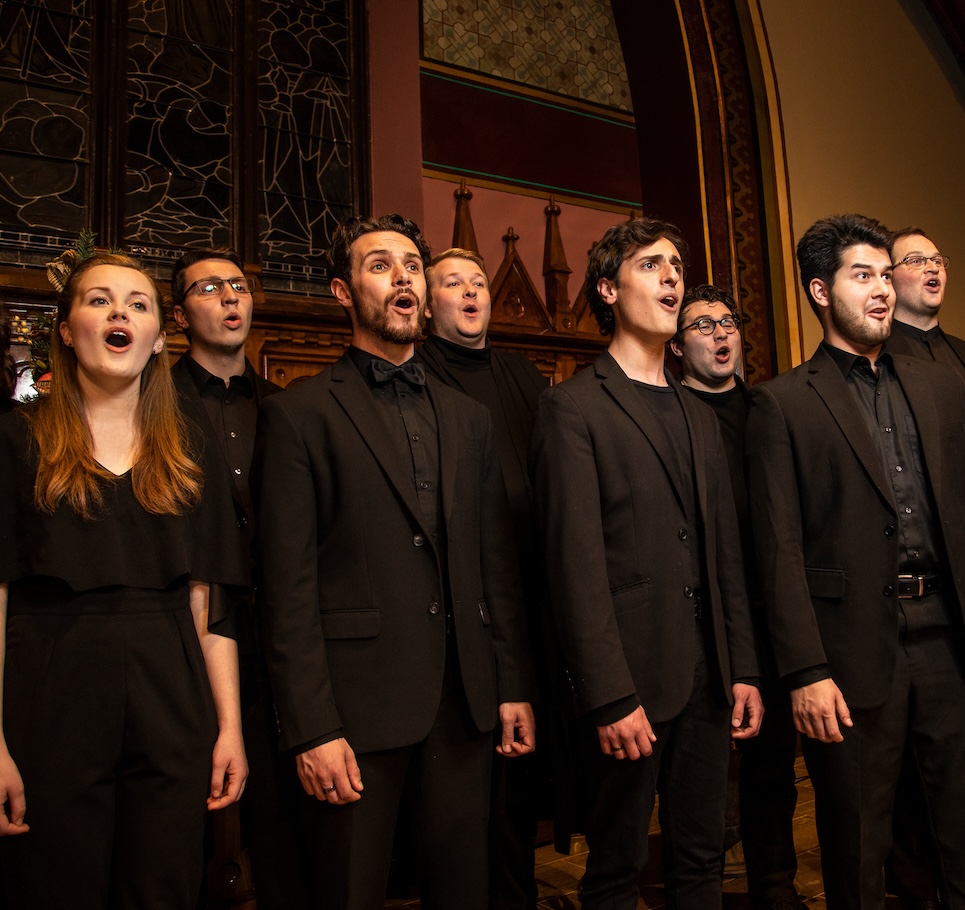
Join an Ensemble
Vocal
In Southern Virginia University’s vocal ensembles, your director is devoted to providing you with a personalized, engaging, and faith-filled experience. Join with friends who share your passion for transcendent music making and uplift and inspire audiences with your voice.
Request Information formRequest Info
Join an Ensemble
Bands
Make inspiring music under the direction of one of the industry’s best. Whether you join our high-spirited marching band or impassioned concert band, you will thrill audiences as you dive deep into making excellent music.
Link to contact formRequest Info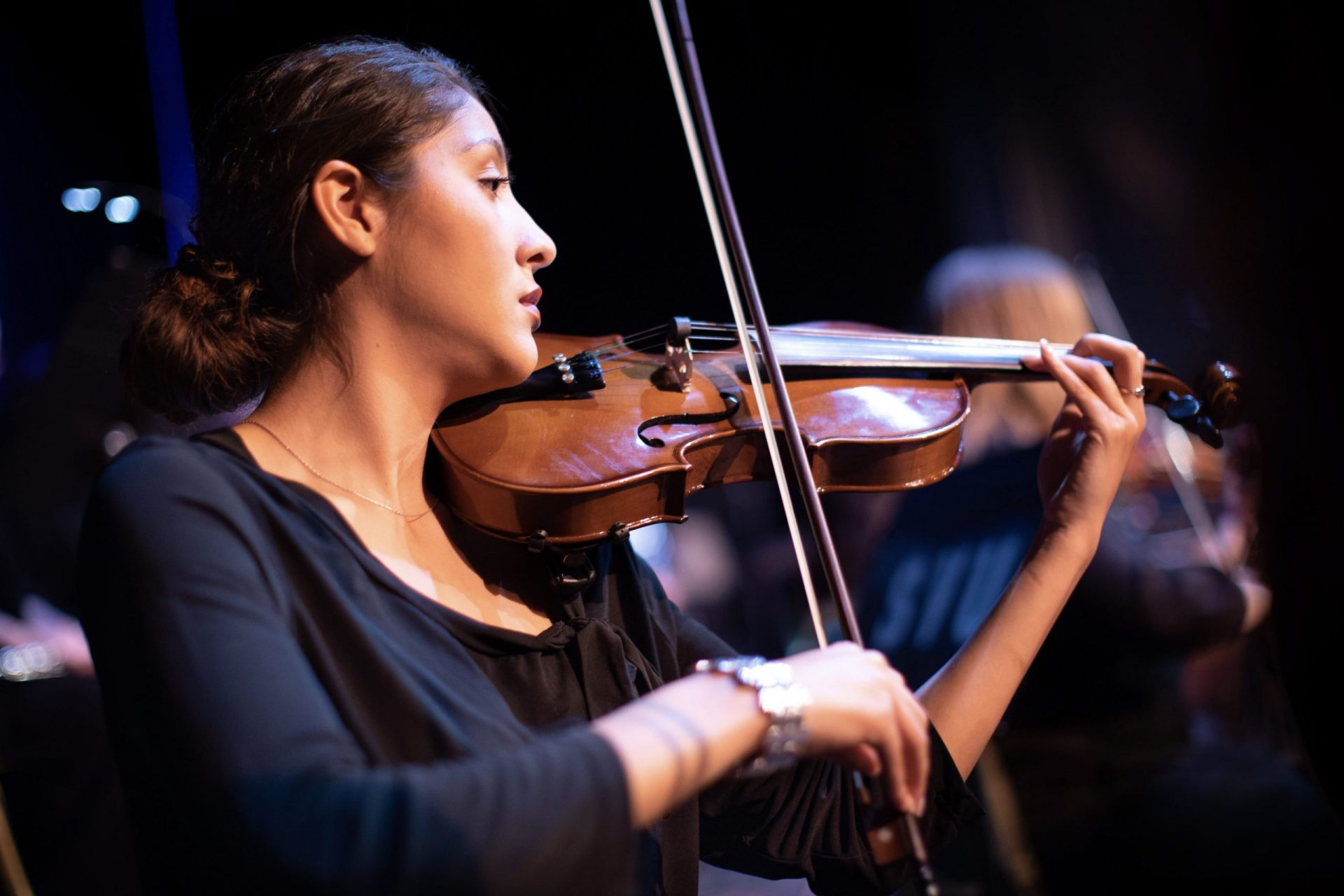
Join an Ensemble
Orchestra
Your music is part of your identity and worth continuing at Southern Virginia University. See how joining our Camerata can transform your college experience.
Link to contact formRequest InfoRelated Programs and Concentrations
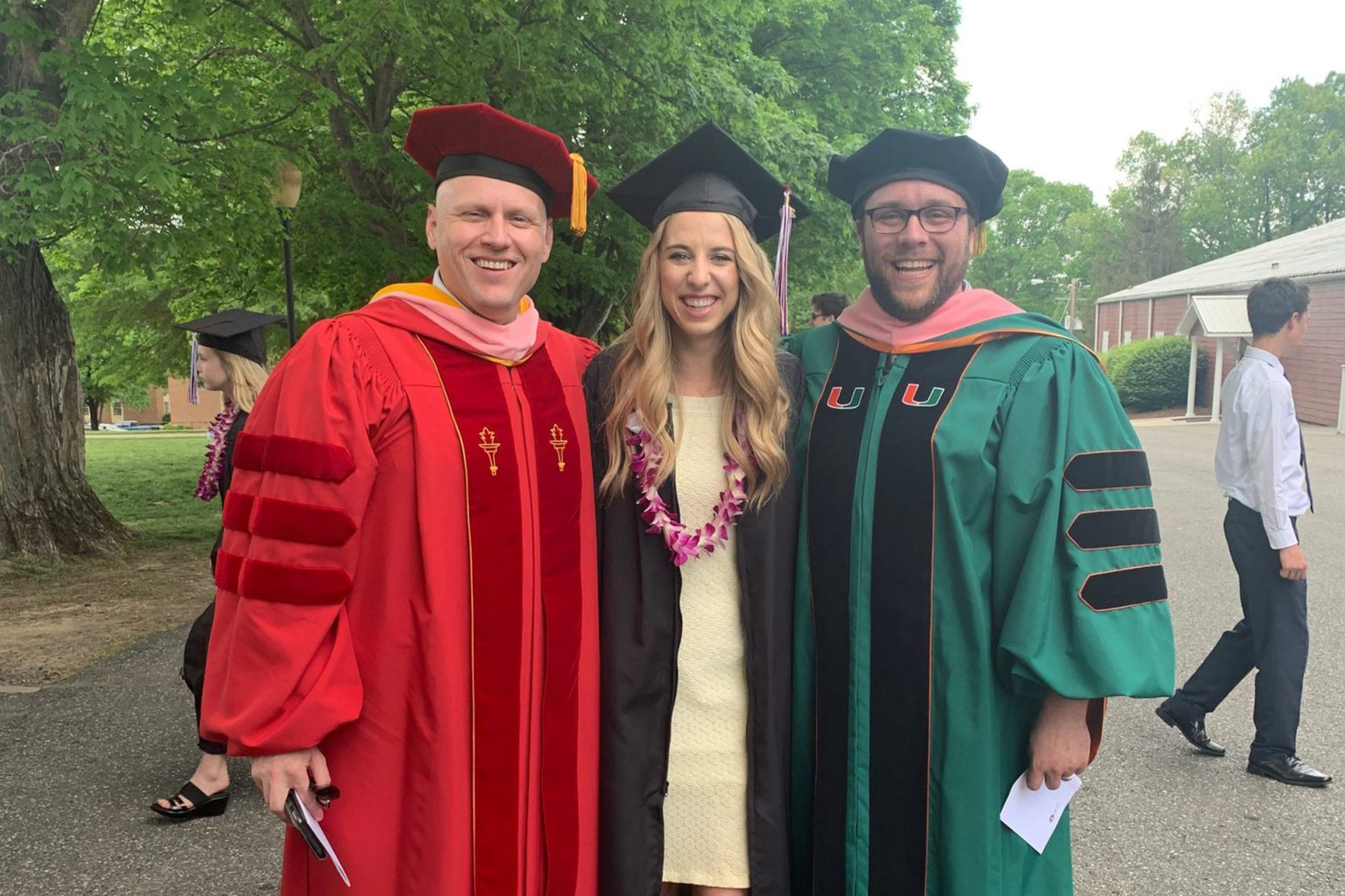
Alumni Success
Mckenzie Kitchen (’19)
NYC vocal instructor, production assistant, and professional performer in venues including Carnegie Hall
Links to news articleRead More
Alumni Success
Ashley Prince (’22)
With plans to pursue a career in vocal performance, this fall Ashley Prince will attend the East Carolina University School of Music—one of the premier recognized and comprehensive music schools in the Southeast where she will pursue a masters in music with a concentration in vocal performance.
Links to news articleRead More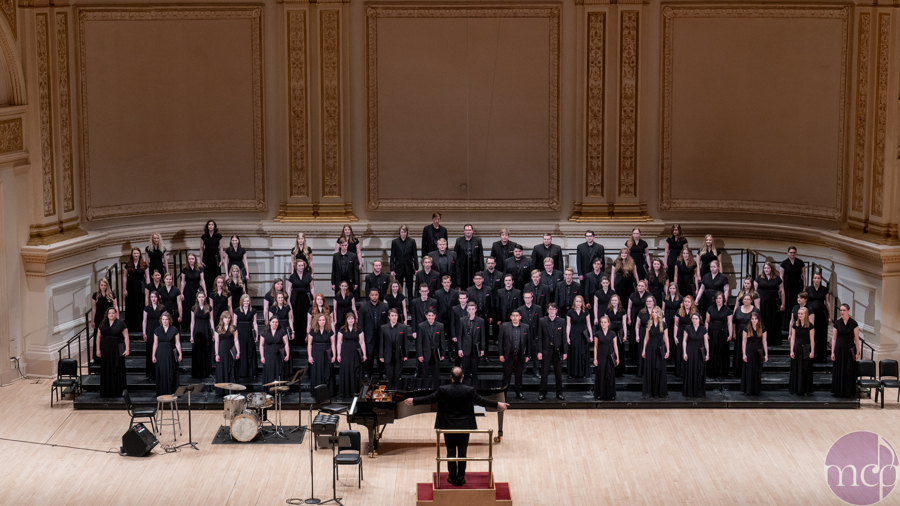
In the News
Chamber Singers and Concert Chorale Perform at Carnegie Hall
Southern Virginia University Chamber Singers and Concert Chorale traveled to New York City to perform in concert in Carnegie Hall as part of the Manhattan Concert Productions’ “The Road Home” on March 18.
Links to news articleRead More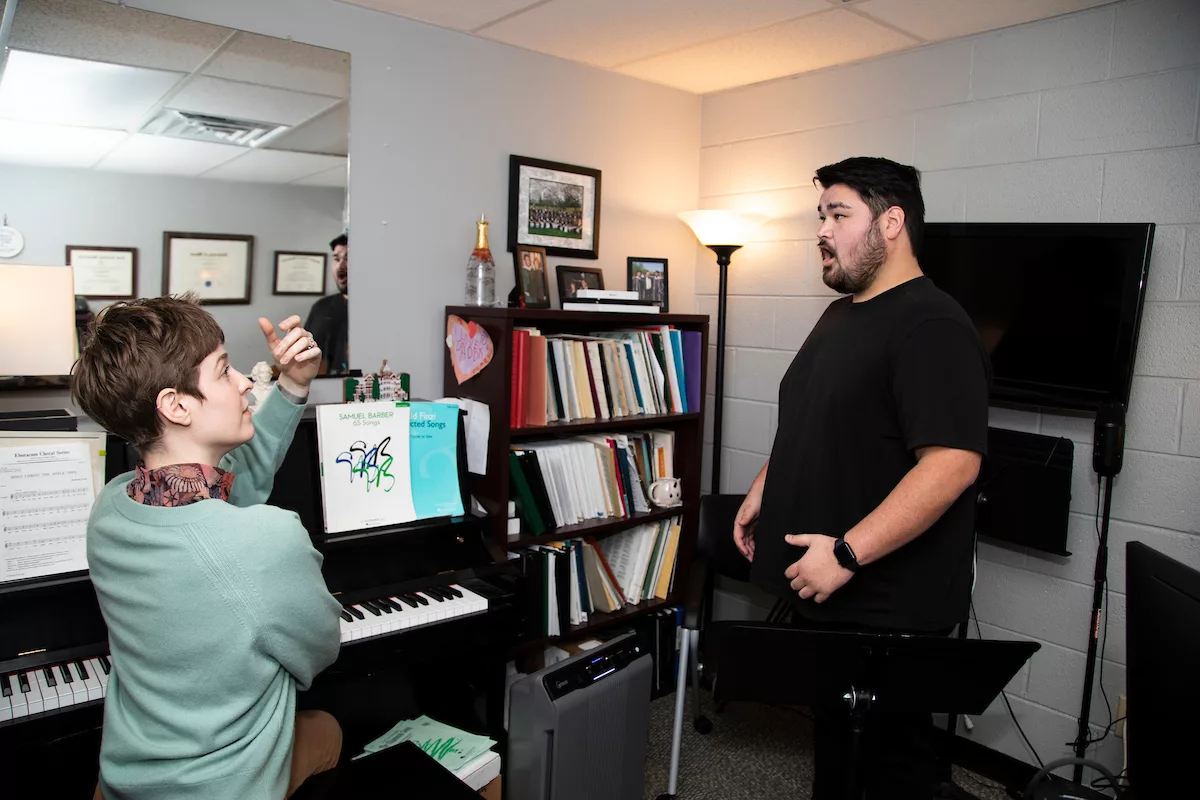
In the News
Calling the Tune: How Three Music Majors’ Summer Experiences Are Cultivating Their Future Careers
Knights have the opportunity to receive personalized mentorship from their professors for their chosen careers. Through these professional relationships, several music students were connected to jobs and internships this summer that allowed them to further develop their skills as musicians.
Links to news articleRead More
Alumni Success
Patrick Summers (’15)
Master of Arts in Musical Theatre at The Royal Conservatoire of Scotland — ranked sixth in the world among performing arts institutions
Links to news articleRead More




